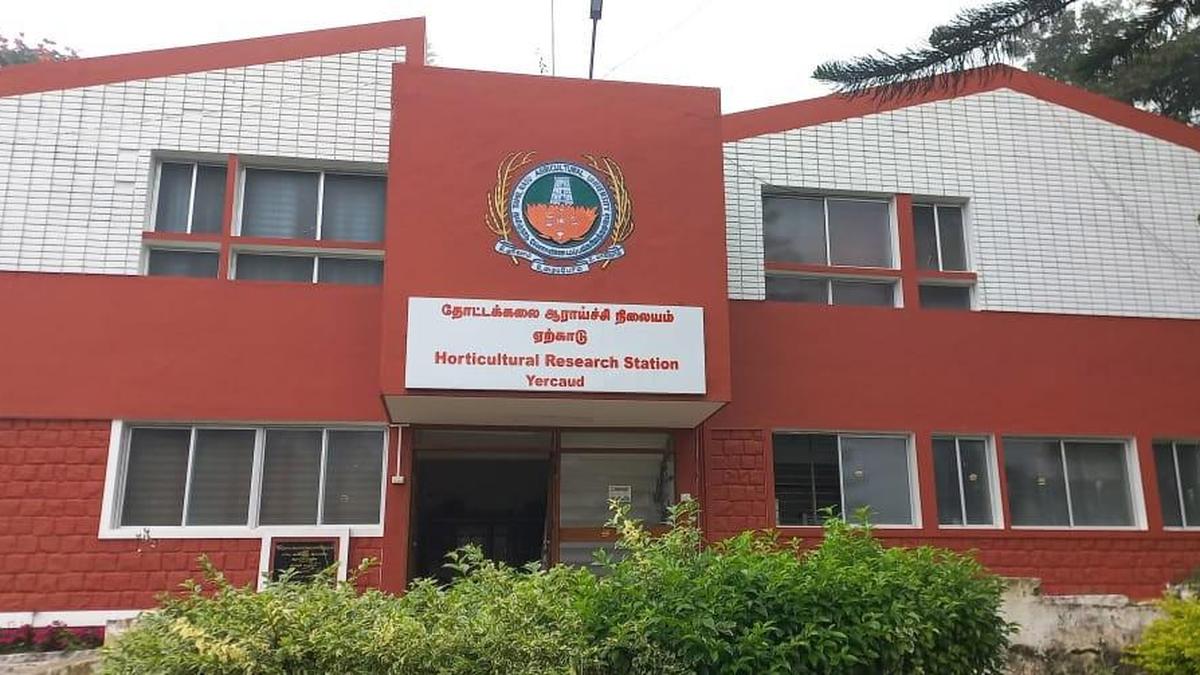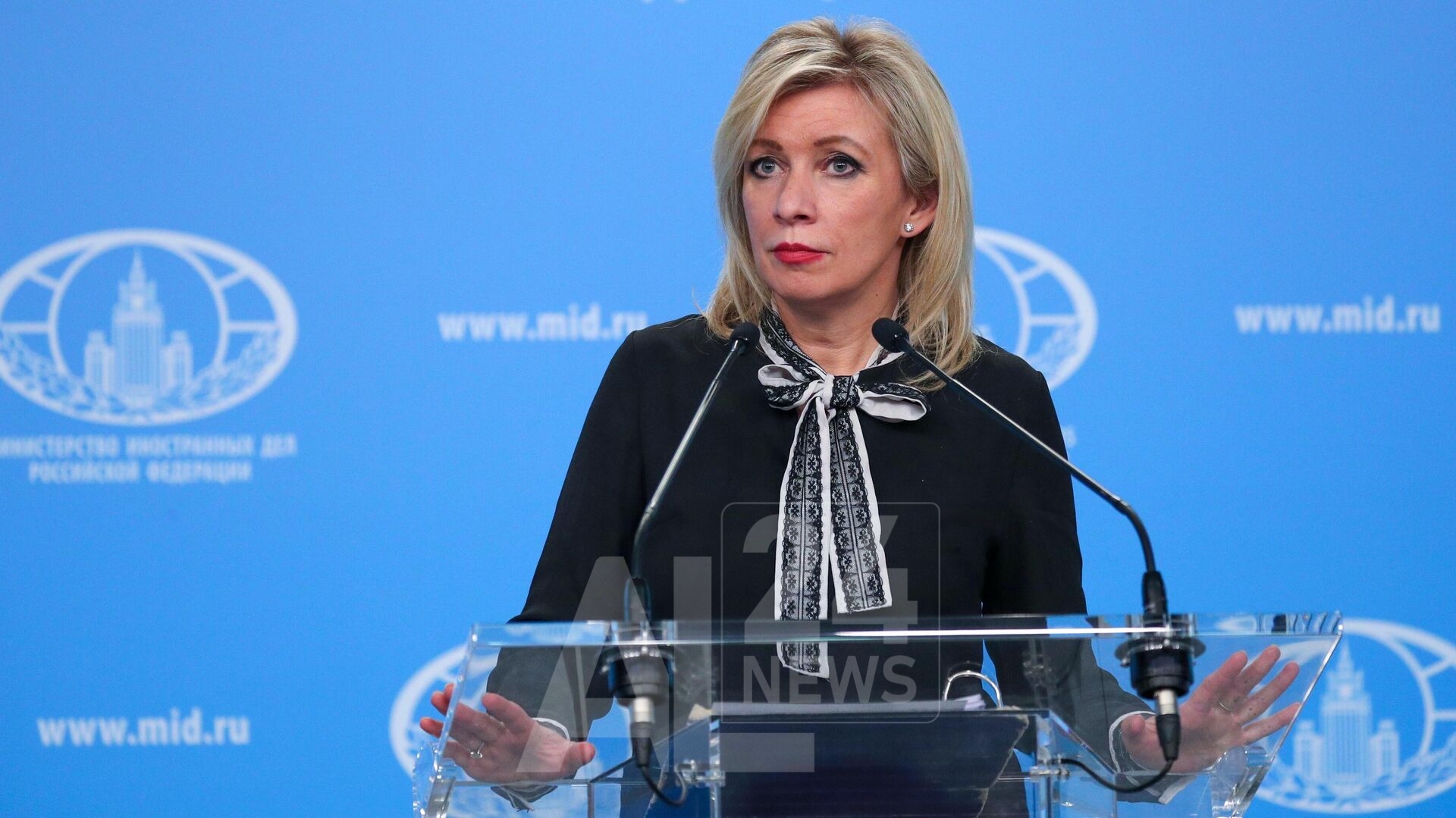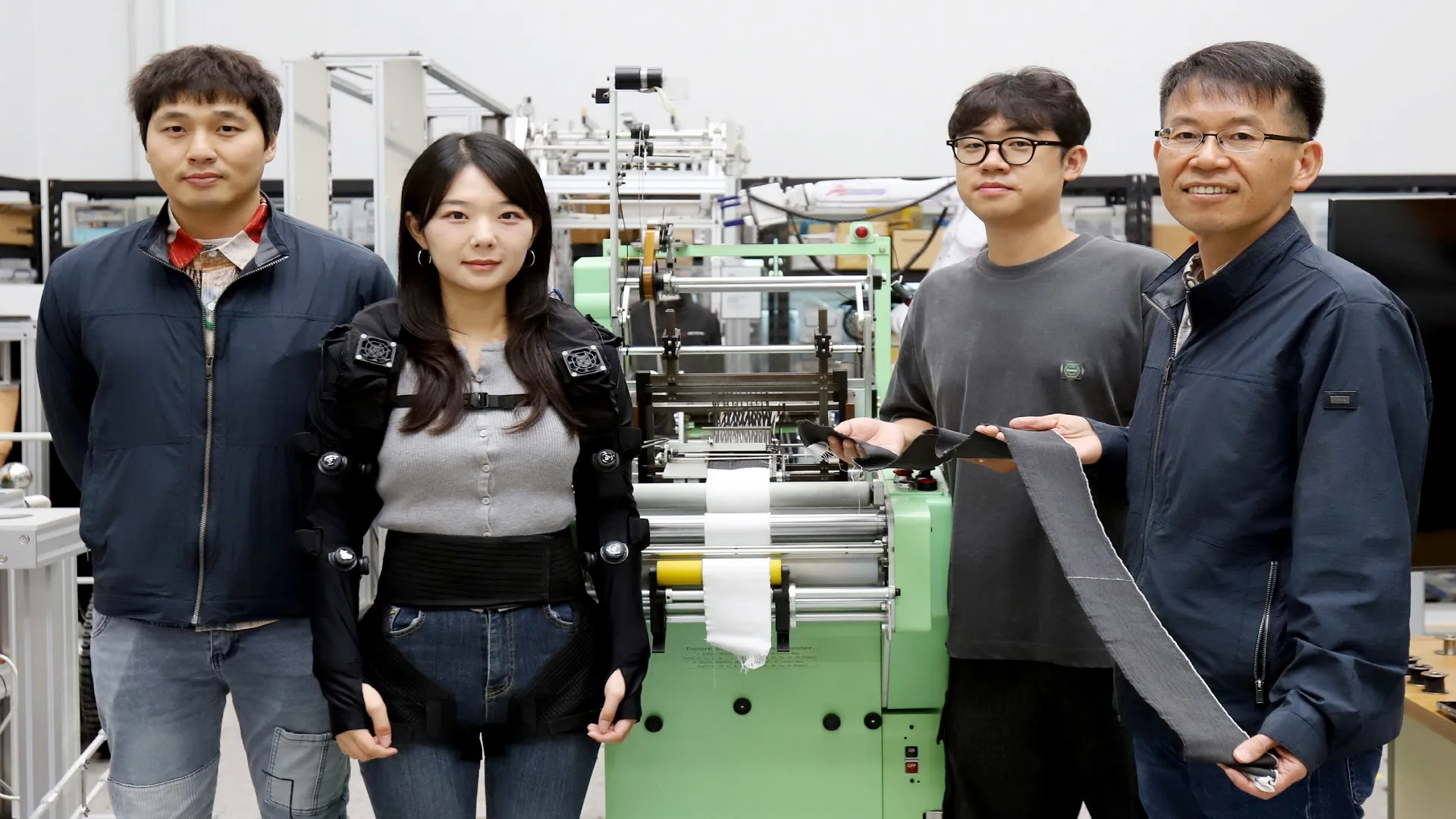Copyright thehindu

The Horticultural Research Station (HRS), Yercaud, under Tamil Nadu Agricultural University (TNAU), in collaboration with the National Bank for Agriculture and Rural Development (NABARD), has launched a project titled “A Circular Economy Approach for Profitable Coffee Processing and Recycling of Coffee Wastes into Biochar.” The project aims to enhance the livelihoods of tribal and small coffee farmers in Yercaud while promoting sustainable, carbon-neutral coffee production. The project was officially launched in the second week of October. In the next 10 to 15 days, a coffee processing and water recycling facility will be established in HRS under this project. Malathi, associate professor and head of HRS, Yercaud, said that Yercaud’s coffee economy is largely driven by over 3,000 small and tribal farmers, most of whom sell fresh coffee berries at around ₹40 per kg, receiving only a fraction of the potential market value. Through this new project, a shared coffee processing and waste recycling facility will help farmers to process, roast, and brand their coffee locally. She added that by converting coffee berries into dried beans and powder, farmers can obtain a higher return, around five to eight times more, with market prices ranging between ₹350 and ₹1,000 per kg. The project is expected to benefit 200 farmers directly in the first phase and gradually extend to 800 to 1,000 farmers across the Shevaroy Hills in the coming years. The facility will also process coffee pulps and husks (around 75% of the total fruit volume) into biochar using pyrolysis technology. This biochar, when applied to soil, improves soil health, increases moisture retention, and enhances crop yield, while simultaneously locking atmospheric carbon, making Yercaud’s coffee production carbon-neutral, Ms. Malathi said. Stating that the project will enable participating farmers to earn an additional ₹50,000 to ₹1 lakh per year, Ms. Malathi said that the project is expected to produce 25 to 30 tonnes of biochar annually, which can also generate additional income through carbon credits and sale of biochar to local pepper and fruit growers. Beyond economic upliftment, the project promotes sustainable resource management, waste reduction, and green entrepreneurship among tribal communities, she added.



